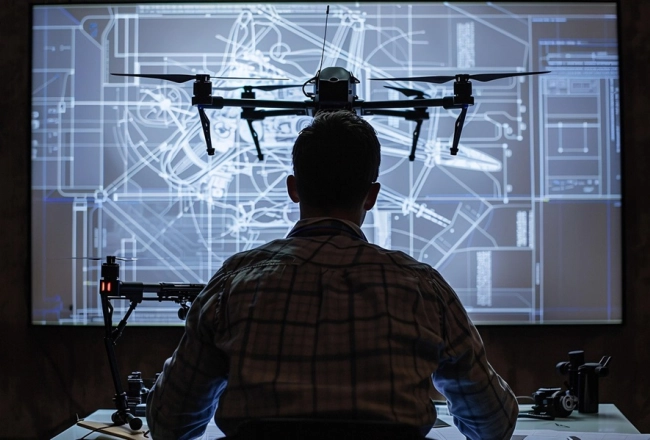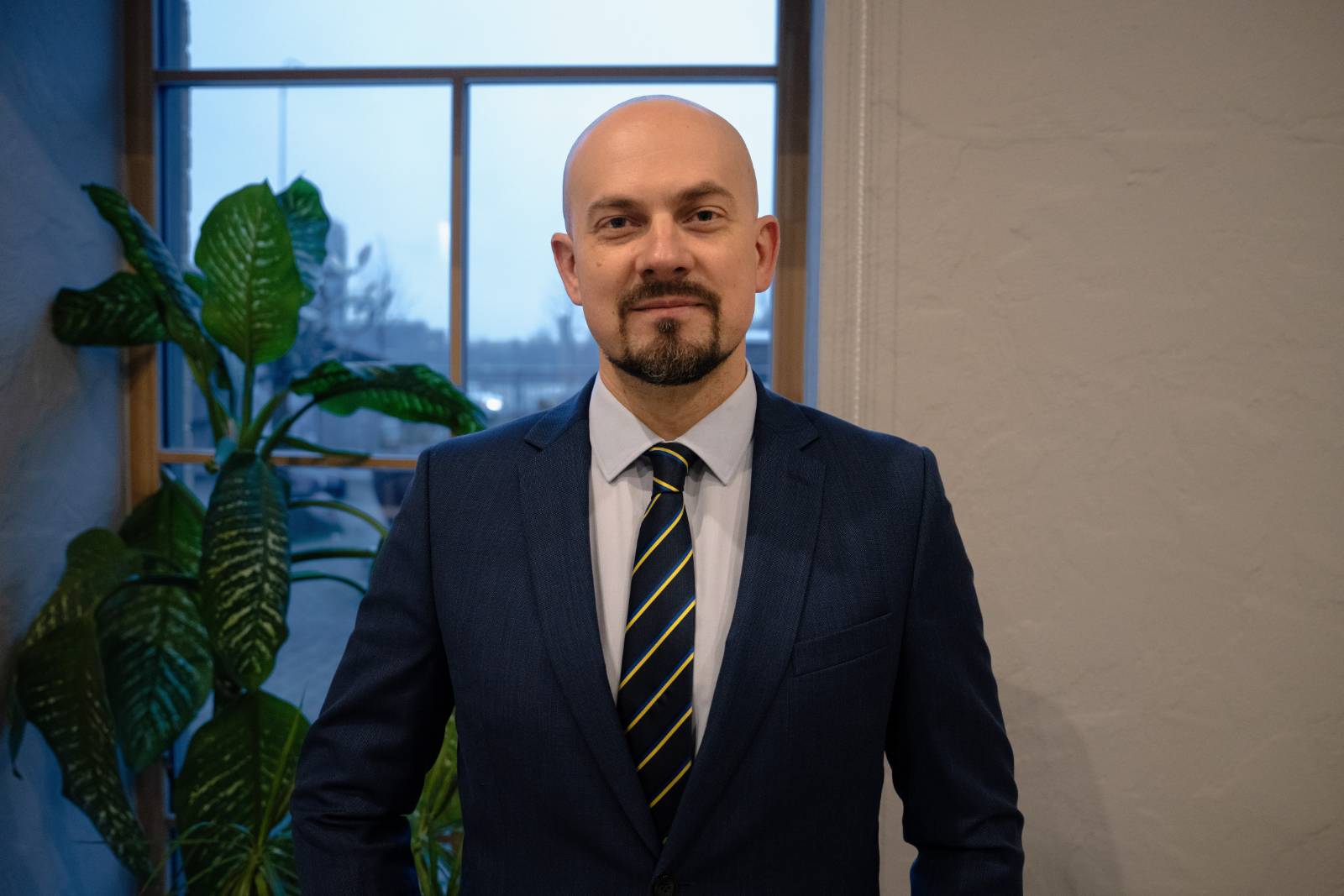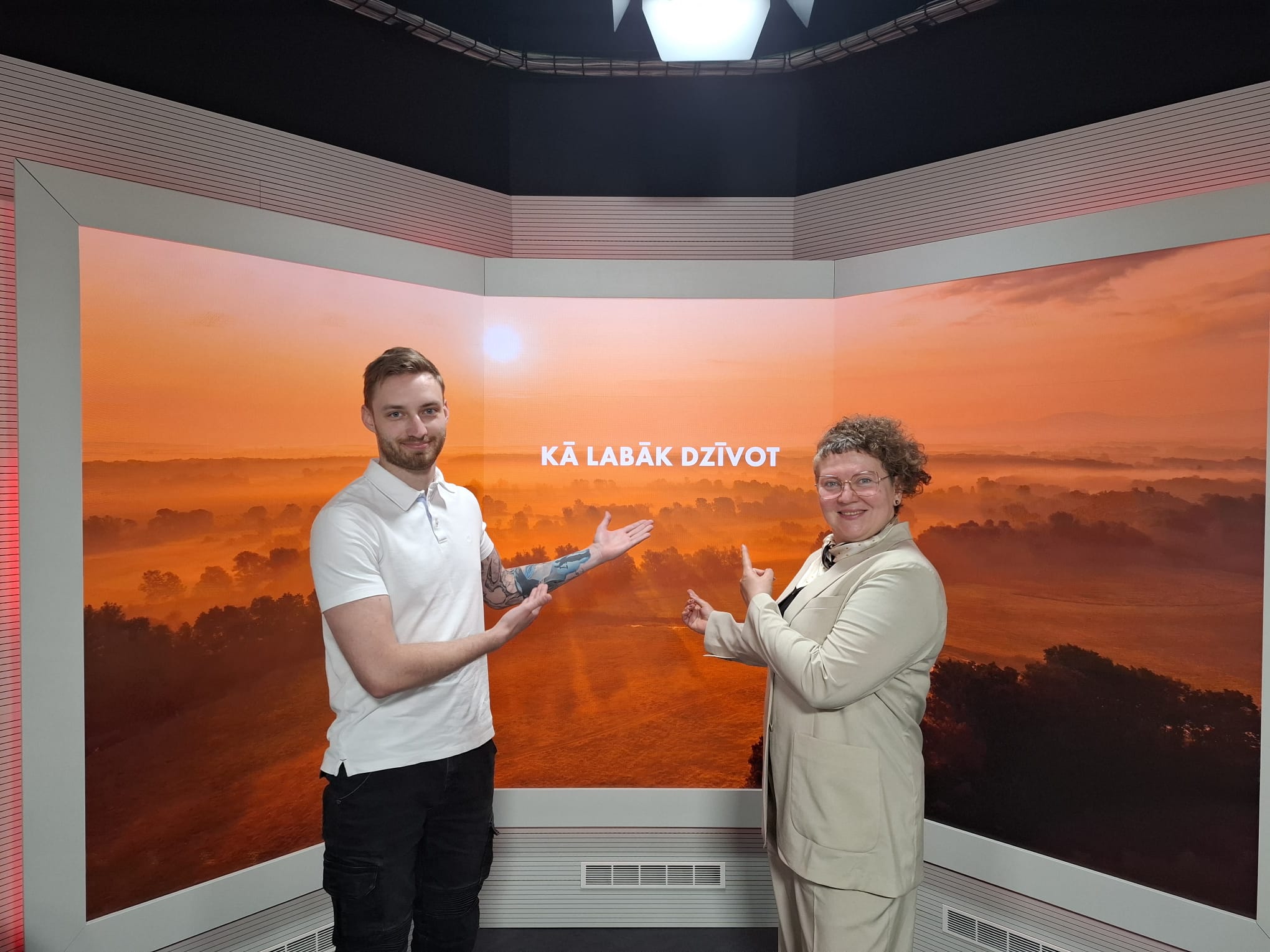25.10.2024
Creating an effective assistance system for overcoming crises

Foto: Kaspars Filips Dobrovoļskis
Andrejs Petrovs
In the context of regional and national security, security must always be ensured, even in times of peace. “If you want peace, prepare for war,” said the Romans. This preparation can be most effective if it is not only carried out by state and international organizations, but also by individuals and communities. When thinking about a possible emergency situation, the question may arise: “What can I do to help?” One way to get involved is to solve problems by joining volunteer organizations.
Through volunteer work, people with different skills and experiences can contribute to their community and society as a whole. I have also seen this in practice while volunteering in the Kherson region, Ukraine. It is an expression of responsibility and civic awareness, an essential sign of social solidarity, where every small contribution forms a wider network of participation. The role of volunteers in war situations is invaluable. It is volunteers who provide critical support to both civilians and the military.
As a volunteer in Kherson, I experienced various challenges and gained several insights. It is important to understand what we can do today so that we do not face these challenges tomorrow. In Ukraine, the first problems that society faced in wartime were a lack of resources, coordination challenges, and threats to the safety of volunteers.
So many things that are taken for granted in peacetime are unattainable in wartime – fuel, shops, pharmacies, medical personnel, shelter, etc. It is important to understand that all the defense plans that have been developed may work well, but at a certain point, they may not work at all or come to a halt at the first unforeseen obstacle. It is therefore important to be aware of possible scenarios based on the experience of others and to constantly carry out “stress tests” of plans in real life to identify weak points or so-called “bottlenecks”. All conclusions should be summarized and shortcomings improved. For example, what would happen if all residents decided to go to the airport, port, station or border on the same day? A few years ago, we saw this on TV screens from Ukraine’s neighboring countries.
An emergency situation in peacetime and wartime is very different. War takes place in conditions of constant stress and tension, there is no time to think and weigh things up – the world is thrown into chaos. The hard-won lessons of Ukraine must be used to ensure that Latvian society is prepared to act rationally in the event of the worst-case scenario – a military invasion.
It is the state’s responsibility to ensure its security, and this is achieved in various ways. Security and defense are priorities. The National Armed Forces (NAF) constantly hold training exercises in cooperation with allied forces. However, there is also the concept of civil-military cooperation, or CIMIC, which is formal cooperation between military units and civil institutions, organizations, and society as a whole. This includes direct cooperation in crisis management, peacekeeping and humanitarian aid, ensuring the most effective use of resources and coordinated assistance.
Although cooperation exists, it should be more accessible and understandable to the whole of society, including those who are not yet involved or who have no experience of volunteering. Volunteers often provide life-saving resources such as food, water, medical supplies and shelter to people in conflict-affected areas. Such support is particularly important when supply chains are disrupted. During wartime, volunteers often participate in medical assistance. Many medical professionals volunteer to go to the front lines or war-torn areas to provide first aid to the wounded, etc.
It is essential to create a unified database. In crisis situations, these databases should be accessible to the public. Such databases should contain information about both aid providers, i.e. volunteers, and those who are in urgent need of assistance. When the aggressor state invaded Ukraine again in 2022, some residents fled across the border, while others remained. Among those who remained were elderly people, people with special needs, and the seriously ill, who are usually completely or partially dependent on the help of relatives or volunteers. If assistance for them has not been organized and this group of people has not been identified in advance (it is not known how many there are, where to find them, what they need most, where to get it, and other related issues), then this group of residents will be the first to suffer – even without bullets. The experience of Ukraine shows that such a database must be created in advance, before a crisis occurs.
Resources should also be registered in these unified databases, including medicines, hygiene products, food, etc. For example, in Ukraine, volunteers in Kyiv had problems moving from one bank of the Dnieper River to the other because the bridges were closed and could not be crossed without permission. In emergency situations, curfews are imposed in the country, as was the case during COVID-19 in Latvia. Such restrictions have a significant impact on the flow of resources and volunteers. Therefore, access to information is critical to ensure rapid access to and delivery of resources.
Consideration should be given to the creation of mobile applications and call centers as an integral part of the organized assistance system to ensure rapid and accurate information exchange between citizens and the responsible authorities.
Finally, it should be borne in mind that theory and practice often differ significantly. Just like in the armed forces, volunteers should get regular training in crisis management and resource planning. To make sure the system works in real life, regular testing and improvements are needed. It is important to obtain feedback from volunteers and citizens in order to identify problems and work on improvements. However, the most important thing is that each of us must be prepared and aware of our individual action plan in an emergency. Therefore, in my opinion, it is essential to cooperate in improving resilience and exchanging knowledge at the national, Baltic Sea region and international levels.



